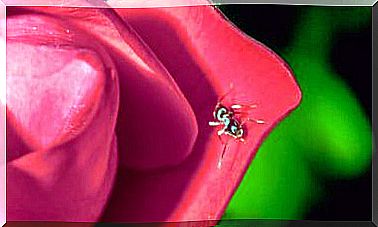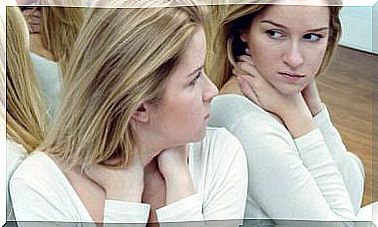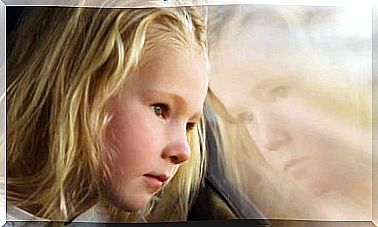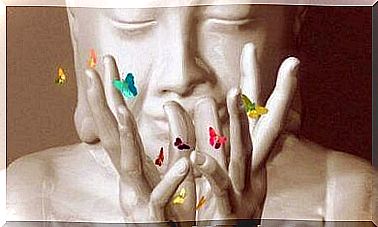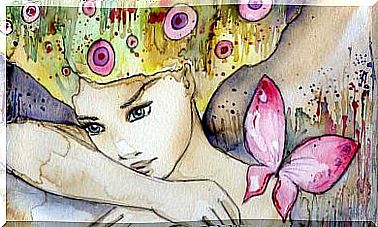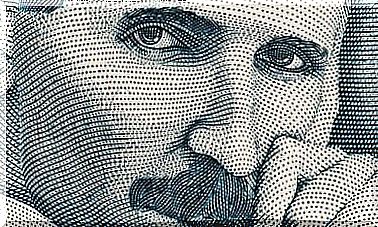Find Out What Anxiety Is, And In What Forms It Manifests Itself
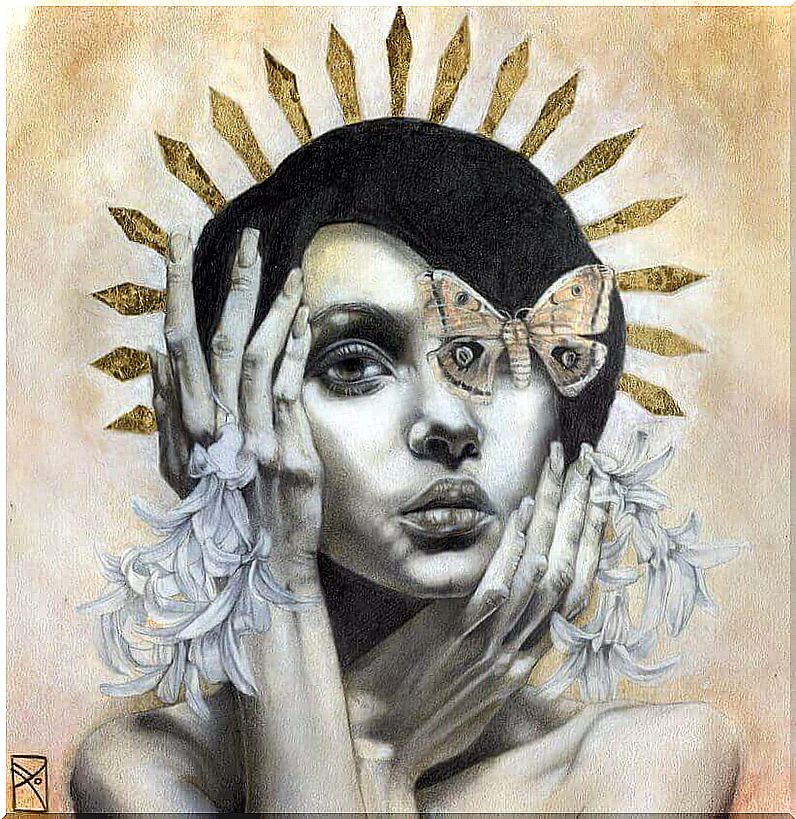
Anxiety is one of the most common and most unpleasant sensations that we can experience. The level of dissatisfaction resulting from this depends on the intensity of the anxiety felt, and the type of context in which it occurs.
Usually when a person is anxious it can be felt in their daily life, and sometimes they are even unable to carry out their activities normally during the day.
In the rest of this article, we will try to explain to you what are the basic aspects of anxiety, and if you identify with these aspects, then we advise you to turn to a professional such as a clinical psychologist specializing in anxiety.
What is anxiety?
Anxiety disorders are the most common psychopathological disorders these days.
Faced with this propagation, it is better to know how to distinguish its different ways of manifesting itself; read the rest of this article, and you will discover how anxiety is different from anxiety, fear and phobias.
Anxiety is an emotional reaction presenting feelings such as tension, apprehension, nervousness and worry which then cause activation of the autonomic nervous system. The anguish is the same, except that it is also characterized by a predominance of physical symptoms, whereas what prevails in anxiety, it is the psychological symptoms.
While fears are associated with an identifiable external stimulus, anxiety arises without the presence of any recognizable external source of threat. The phobias would then be irrational and disproportionate fears necessarily leading to avoidance.
Anxiety appears in anticipation of events, which then generates an annoying and invasive sensation in the anxious person. The nature of anxiety is cognitive and future-oriented, which is why it is likely to appear at any time.
Apart from the cognitive nature of each individual, there is a learning factor that promotes the onset of anxiety. Indeed, a biological component also comes into play, since due to anxiety, the locus coerleus is hyperactive, and the neurotransmitter GABA as well as the nervous pathway connecting the thalamus and the amygdala are altered.
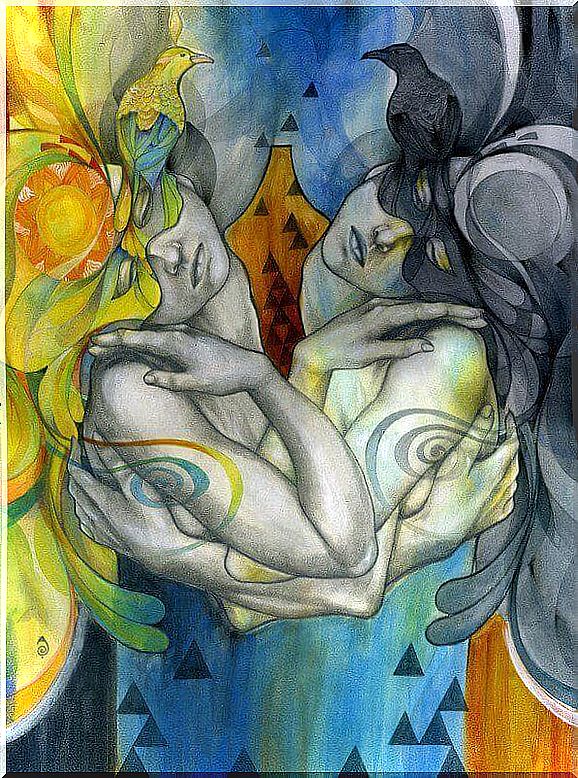
How Does Anxiety Work?
Anxiety is not a unitary system; it is made up of a triple response system: the subjective system, the physiological system and the motor system. Each of its systems can appear simultaneously, or independently of each other.
When we are anxious, we are invaded by unpleasant thoughts (subjective system) which then reverberate in our body and cause an acceleration of our heart rate, dilation of our pupils and tremors (physiological system). On the other hand, because of anxiety, our facial expression, our gestures and our way of avoiding change (motor system).
Let’s find out about the symptoms of anxiety
Anxiety is characterized by two predominant sensations:
- Lack of defense: feeling of loss of control, feeling that nothing can be done to avoid imminent unpleasant internal and external events.
- Uncertainty: feeling of ignorance of the future, which presents itself in a disconcerting way in front of us, generating discomfort and psychological disorder.
In addition, anxiety presents a wide variety of symptoms common to depression, as well as an equally wide variety of symptoms that depression does not.
Some of the symptoms common to depression are characterized by a great negative impact, resulting in worry, poor concentration, irritability, insomnia, fatigue, restlessness, crying, feeling of inferiority, guilt or low self-esteem.
On the contrary, the symptoms specific to anxiety are fears, panic, nervousness, avoidance, instability, hyper-vigilance, the perception of threat of danger, high sympathetic activity, etc.
On the other hand, the various syndromes linked to anxiety manifest themselves differently depending on the symptoms experienced; thus, the presence of anxiety and / or panic attacks, agoraphobia, specific phobias, social phobia, generalized anxiety disorder, or selective mutism can be noted .
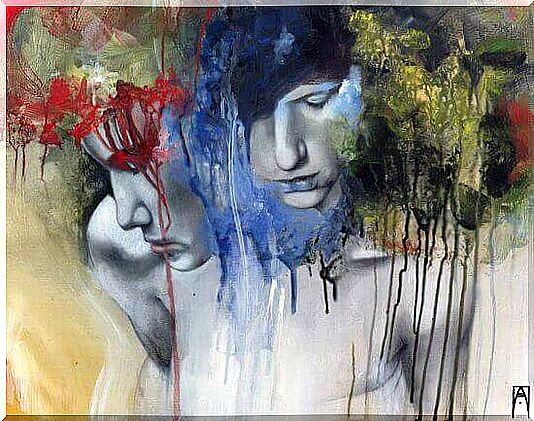
The different possible treatments
There are a large number of treatments available depending on the anxiety disorder you have, but some are more effective than others. It all depends on the type of specialist you are going to see, and who will best help you overcome your anxiety.
The most commonly used treatment for generalized anxiety disorder is Cognitive Behavioral Therapy (CBT), which includes relaxation, cognitive therapy, exposure and relapse prevention. Moreover, drugs are also an effective treatment, although hypnosis is in its experimental phase.
For other anxiety disorders that are also very common, such as specific phobias, the treatment of choice is exposure. Regarding social phobia, the treatment of choice this time is Cognitive Behavioral Therapy (CBT) coupled with Cognitive Restructuring (CR) and Social Skills Training (EHS).
To cope with anxiety, it is preferable to know it, to know yourself, and to find a competent professional who can help us control it, since the treatments are very varied and they must be adjusted to the person. who suffers from it, but also to the type of anxiety experienced. If treated adequately, then anxiety is generally not very resistant to these treatments.
